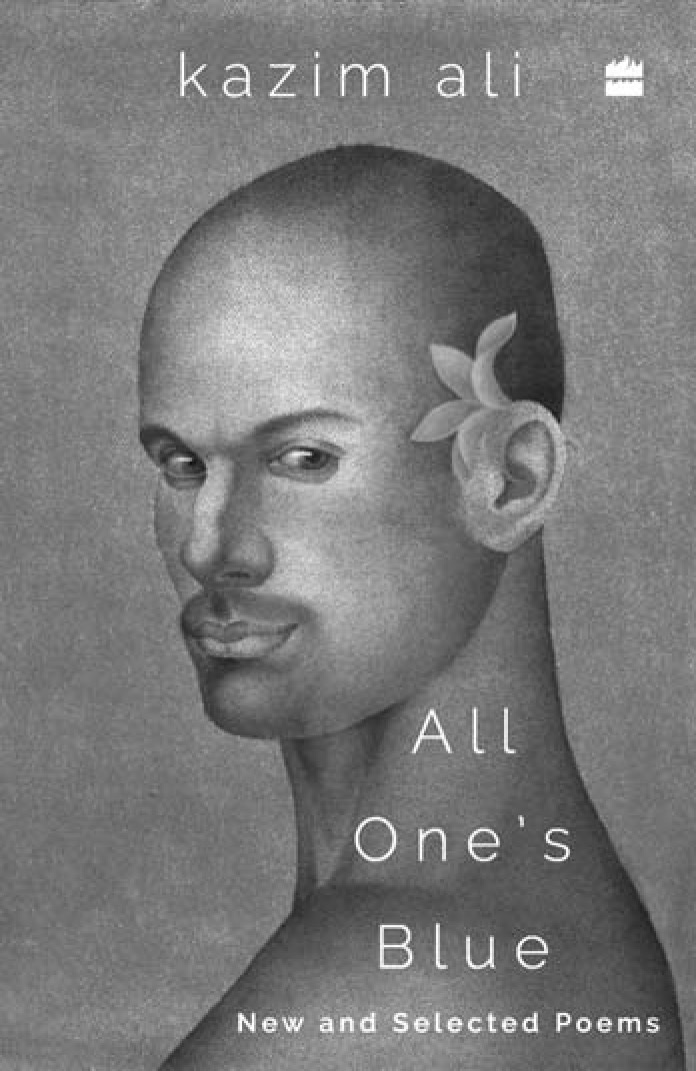Kazim Ali’s poetry allows us more than a glimpse into his rich oeuvre of work resonating with a commitment to creating a language of spiritual and political urgency that walks with soft footsteps. If there was one word to describe Ali’s poetic style and methodology it could well be ‘palimpsestic’. The range of the poems in this collection is wide, poems that are re-imaginings of Quranic and Islamicate myths and figures, translations of Faiz Ahmed Faiz, and prose-like poems mapping cities through an autobiographical lens, but in spite of the diversity of engagement they all work with a sense of an ‘always already’.
The poems’ revisionist engagement with mythology forges an epistemology of time that contests normative constructions of temporality by deploying endless and revisionary voices of myths intertwined with the meandering flow of memory.
Myths operate as locations from which the poet seeks to connect the past with the present, meshing together what is routinely polarized, the ‘religious’ and the ‘secular’, ‘East’ and ‘West’, myth and history, time and distance, given to readers as a ‘collision or collusion with history’, a phrase that aptly describes this layered wording, to borrow what Ali borrows from the poet Susan Howe in his poem ‘Skyward’. The poems often engage the voice of a believer speaking from within the religious tradition and then subtly reveal themselves through a technique of de-familiarization to be spectacular Blakean subversions of entrenched morality or accepted notions of divinity. Wrapped in intricately and delicately woven echoes, the verses appear before us caught in a labyrinth of past and present, and leave us, having silently and yet radically, breathed new urgency into forgotten or hardened ‘truths’ and having opened the sealed contours of variegated geographies.

